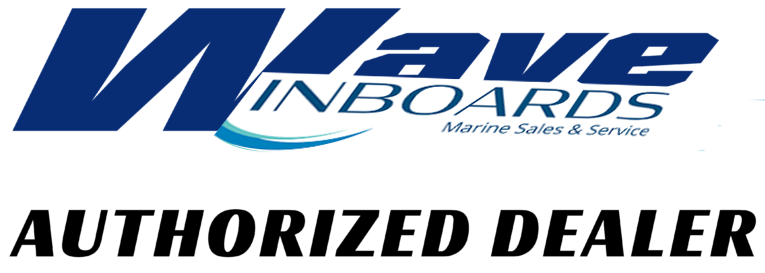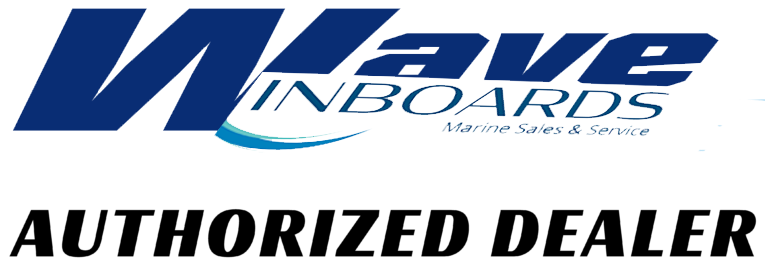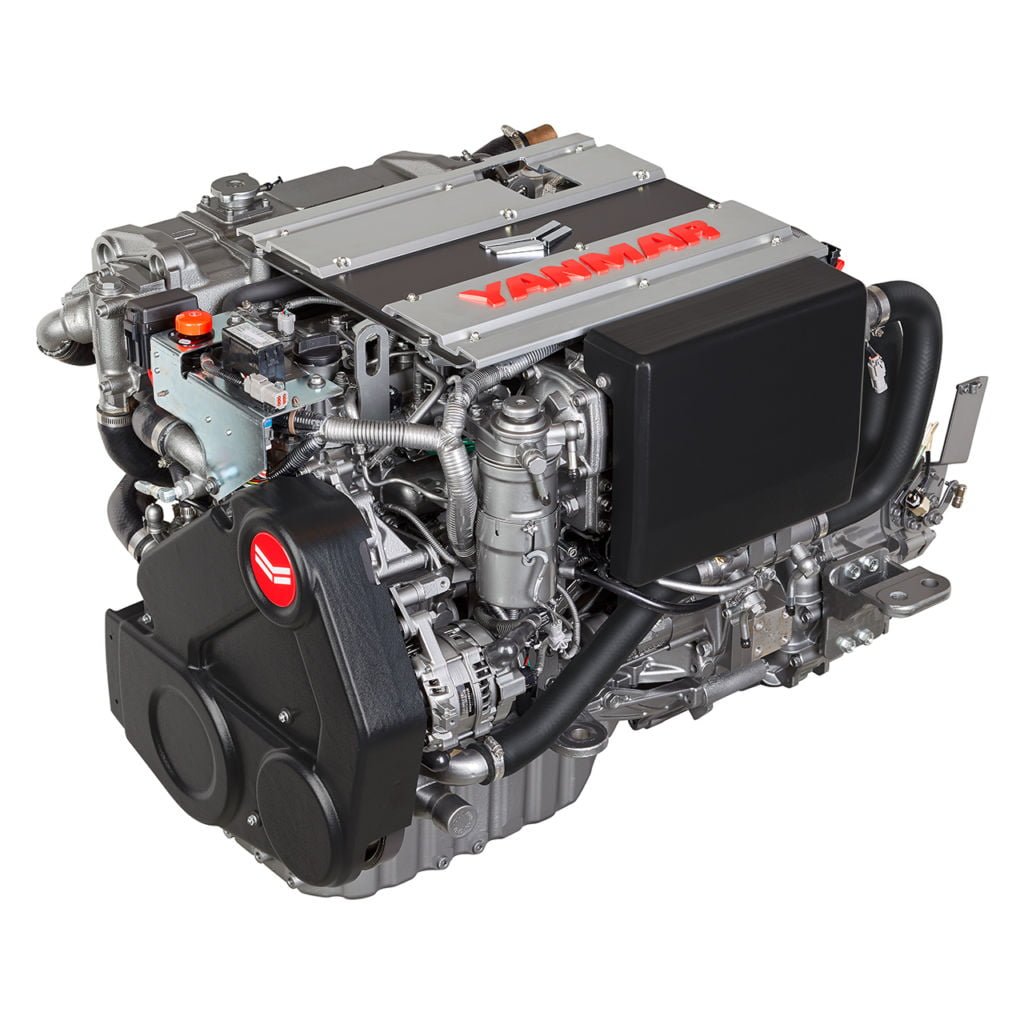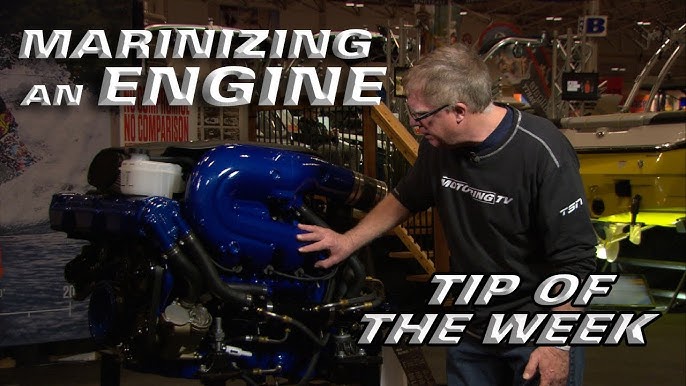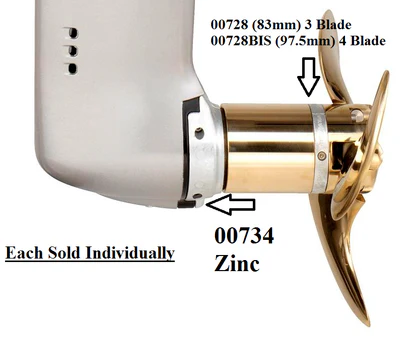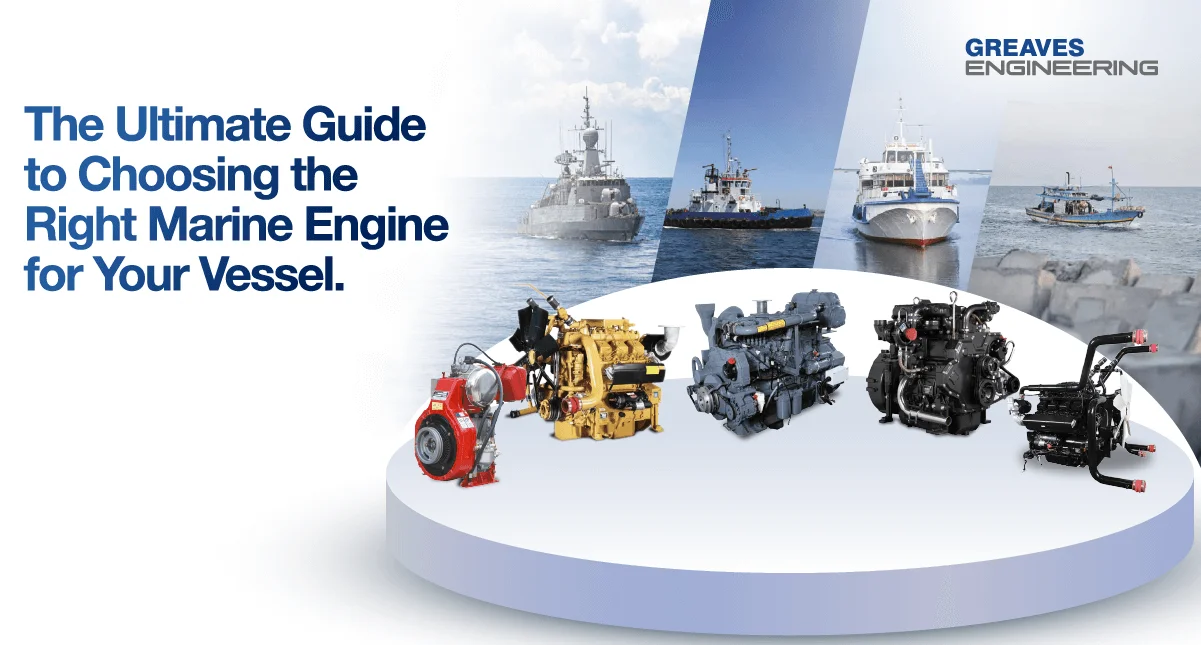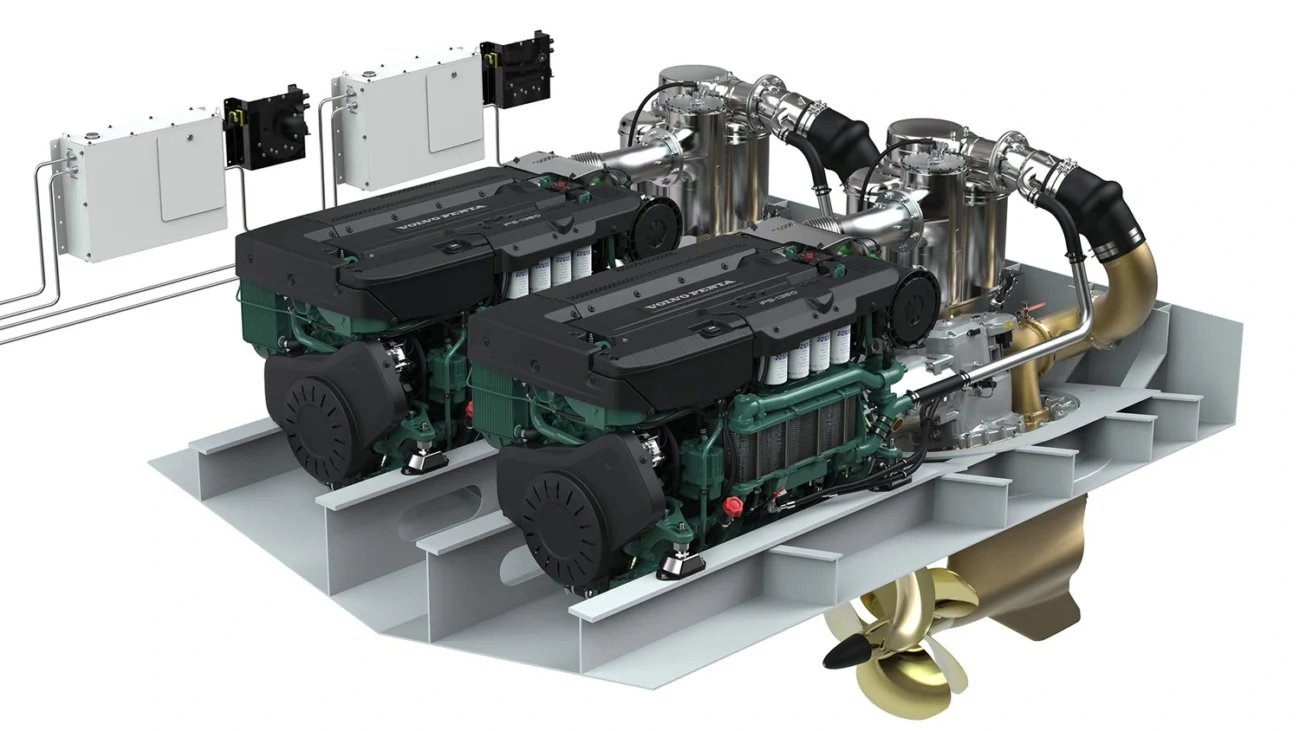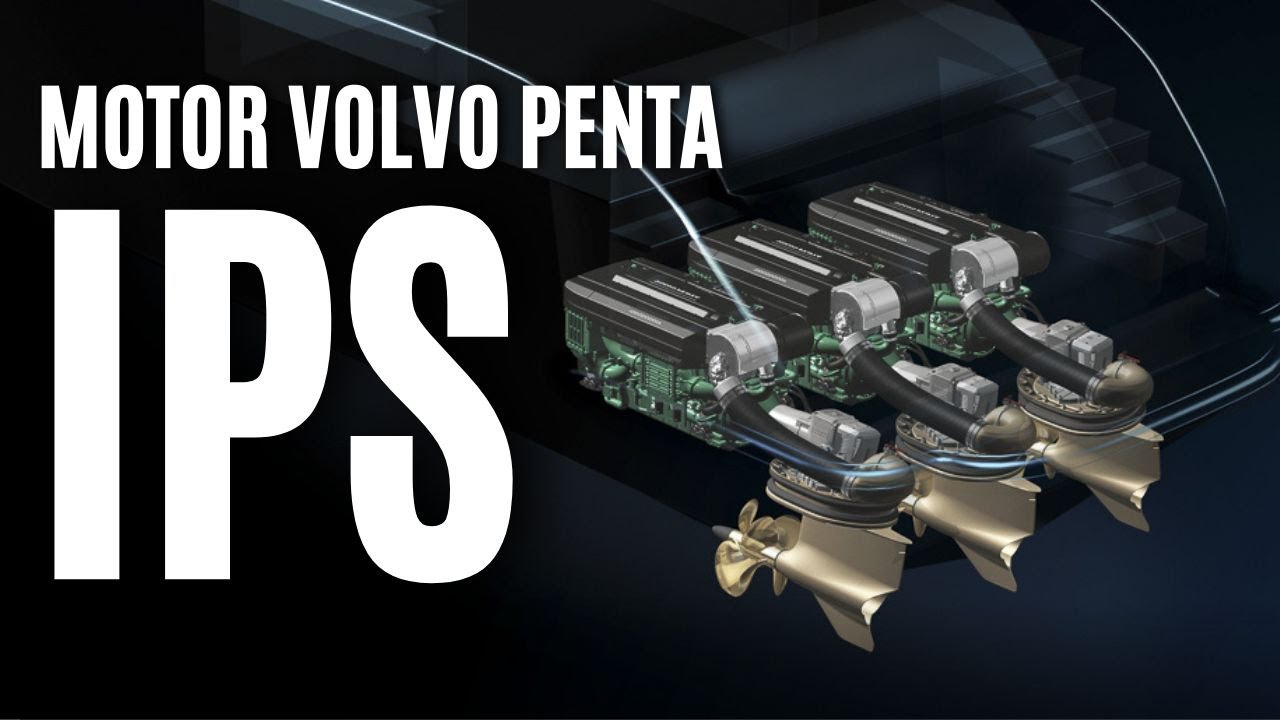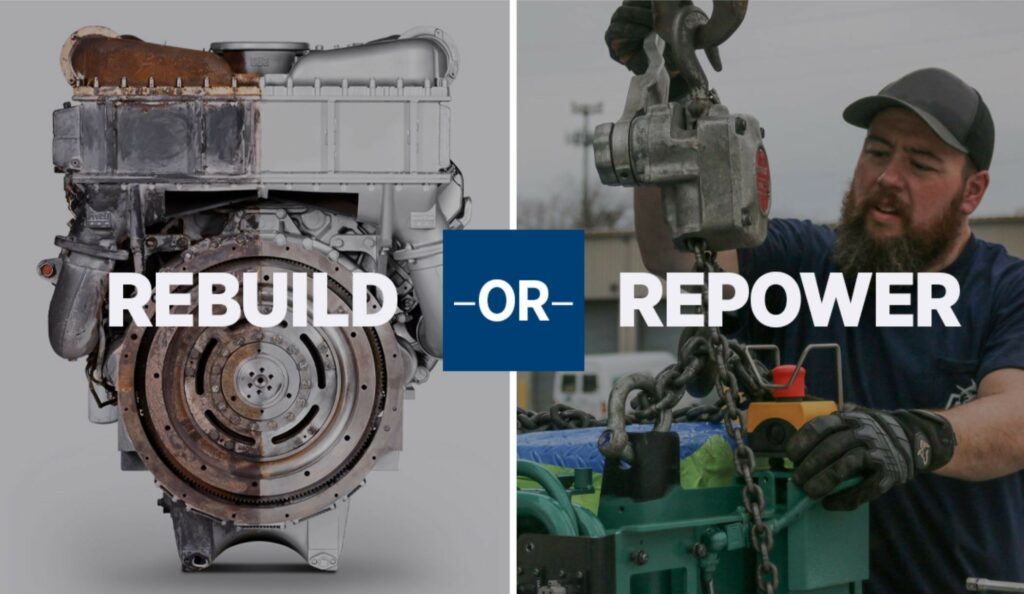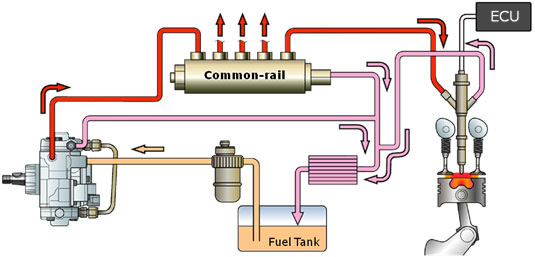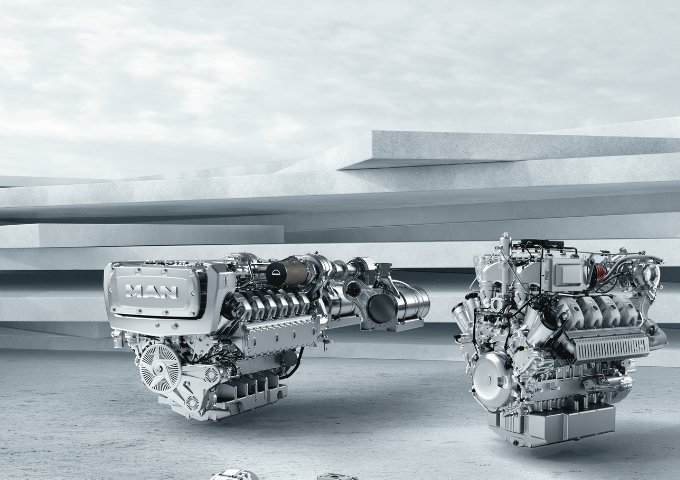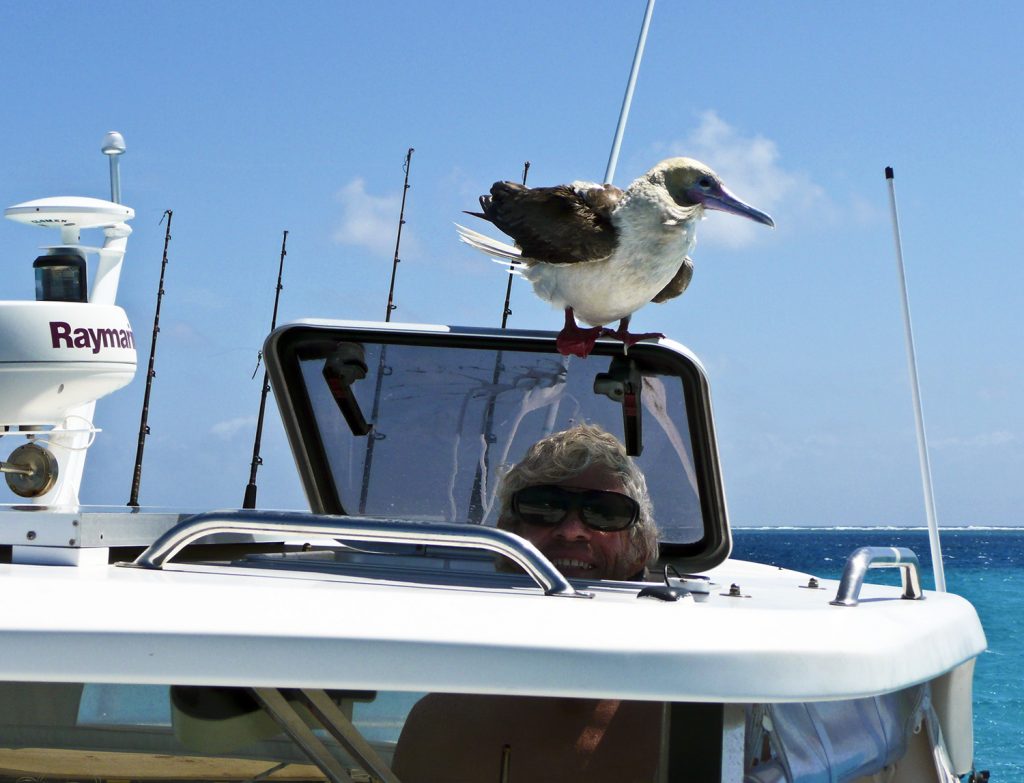Air-Cooled vs. Water-Cooled Marine Engines: A Complete Guide
Choosing Between Ultimate Simplicity and Modern Refinement
The method your marine engine uses to stay cool is one of the most critical factors determining its reliability, maintenance needs, and suitability for your boating life. While water-cooling is the standard for most recreational boats, air-cooled engines offer a compelling alternative for specific, demanding applications.
At Wave Inboard Motors, we’ve serviced and installed both types for decades. This guide provides an honest, experienced-based comparison to help you understand the fundamental trade-offs between these two distinct cooling philosophies.
How The Systems Work: Core Difference
-
Water-Cooled Engines: This is the conventional system used by brands like 【Volvo Penta】 and 【Yanmar】. Seawater is pumped through a heat exchanger, where it absorbs heat from the engine’s coolant. This freshwater coolant mixture then circulates through the engine block. It’s a two-stage, indirect cooling process.
-
Air-Cooled Engines: This is a direct cooling system, championed by manufacturers like 【Vetus Deutz】. The engine has fins on its cylinders and head. A powerful fan blows air directly over these fins to carry away heat. There is no interaction with seawater for cooling purposes.
The Showdown: A Detailed Comparison Table
| Feature | Air-Cooled Engine | Water-Cooled Engine |
|---|---|---|
| System Simplicity | ★★★★★ Extremely simple. No heat exchanger, water pump, risers, or associated hoses. |
★★☆☆☆ Complex. Multiple components that can fail: impeller, thermostat, heat exchanger, manifolds. |
| Reliability | ★★★★★ Exceptional. Immune to clogged intakes, impeller failure, and overheating from cooling system faults. |
★★☆☆☆ Variable. Highly dependent on clear water flow and a functioning raw water pump. |
| Maintenance | ★★★★★ Minimal. No impellers to change, no anodes to replace, no heat exchanger to service. |
★★☆☆☆ High. Regular impeller replacement, anode inspection, and strainer cleaning are critical. |
| Corrosion | ★★★★★ Eliminated. Seawater never contacts the engine’s cooling system. |
★☆☆☆☆ Constant. Seawater causes corrosion in the heat exchanger, manifolds, and risers over time. |
| Winterization | ★★★★★ Simple. Only the raw water side of the exhaust needs attention. The engine itself is air-cooled. |
★★☆☆☆ Complex. Requires draining the entire raw water side or pumping in antifreeze. |
| Noise Level | ★☆☆☆☆ Very Loud. The cooling fan and direct mechanical noise are significant. |
★★★★★ Quiet. Water jacketing acts as a sound insulator. |
| Heat Output | ★☆☆☆☆ High. Radiates significant heat into the engine compartment. |
★★★★★ Contained. Heat is carried away by the cooling system. |
| Ideal For | Commercial Vessels, Workboats, Remote Cruising, Dirty/Silty Water | Recreational Boating, Sailboats, Yachts where comfort is key |
Wave Inboard Motors’ Expert Recommendation
The best system depends entirely on your vessel’s purpose and your tolerance for maintenance versus comfort.
Choose an Air-Cooled Engine (like a Vetus Deutz) If:
-
You operate a commercial vessel where downtime means lost revenue.
-
You cruise in remote areas where a cooling system failure could be catastrophic.
-
Your boating is in silty, shallow, or weedy waters where intake clogging is a constant threat.
-
Mechanical simplicity and owner-serviceability are your top priorities, and you can tolerate the noise and heat.
-
You are repowering a heavy-displacement workboat where the engine’s ruggedness is more important than cabin comfort.
Choose a Water-Cooled Engine (like a Yanmar or Volvo Penta) If:
-
You are a recreational boater or sailor who values a quiet and comfortable onboard experience.
-
Your engine compartment is part of your living space (e.g., on a sailboat or trawler).
-
You primarily boat in deep, clean water.
-
You are disciplined about preventative maintenance and prefer a smoother, quieter operation.
The Bottom Line: Philosophy of Use
This comparison highlights a fundamental choice in marine engineering philosophy:
-
Air-Cooled = Ultimate Reliability. You are choosing an engine that is nearly impossible to disable via its cooling system. You trade comfort for peace of mind.
-
Water-Cooled = Refined Performance. You are choosing an engine that is quiet, smooth, and well-suited to comfortable living aboard. You accept a more complex system that requires vigilant maintenance.
For most recreational boaters, a modern water-cooled engine is the appropriate choice. However, for anyone who has ever been stranded by a failed impeller or clogged strainer, the allure of the simple, robust air-cooled engine is incredibly powerful.
Ready to Choose Your Engine?
This decision is a core part of your vessel’s identity and reliability.
Explore some of the most trusted engines we install:
-
The Air-Cooled Workhorse: 【Vetus Deutz DT66】 (170HP) – Unmatched simplicity for demanding use.
-
The Refined Water-Cooled Performers: 【Volvo Penta D3-110】 (110HP) | 【Yanmar 4JH57】 (57HP)
Still Unsure? Let’s Talk About Your Boating Needs.
The best choice depends on your boat’s design, your cruising grounds, and your personal tolerance for noise and maintenance.
Contact Wave Inboard Motors today for a consultation. We’ll give you straightforward, honest advice to ensure you choose the right cooling system for your needs.
Explore Our Related Services:
-
【Professional Marine Engine Installation】
-
【Commercial Workboat Repower】
-
【Annual Marine Engine Maintenance】
Continue Your Research:
-
【5 Signs You Need a Marine Engine Repower】
-
【Keel Cooling vs. Raw Water Cooling: A Complete Guide】
-
【Benefits of a Remanufactured Marine Diesel Engine】
